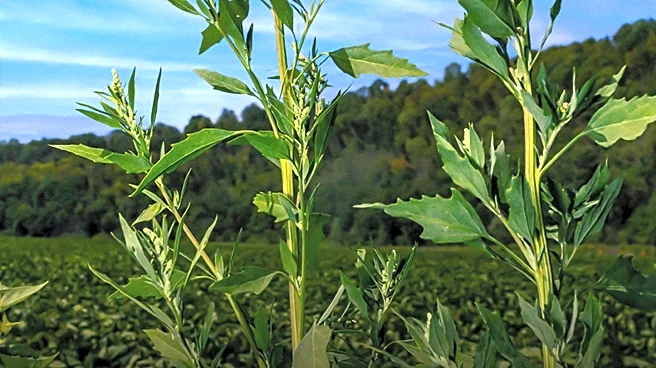What's Happening?
Indigenous communities across North America have long practiced a unique agricultural method known as the 'Three Sisters,' which involves planting corn, beans, and squash together. This method, known as companion planting, allows the plants to support
each other: corn provides a structure for beans to climb, beans enrich the soil with nutrients, and squash leaves act as mulch to retain moisture and suppress weeds. This practice is deeply rooted in cultural teachings about balance and cooperation and is still taught and celebrated in various Indigenous communities today.
Why It's Important?
The 'Three Sisters' agricultural method is significant not only for its sustainable farming benefits but also for its cultural and historical importance to Indigenous peoples. It represents a form of food sovereignty and a return to traditional practices that can improve health outcomes by reducing reliance on processed foods. The revival of this practice is part of a broader movement to reclaim Indigenous food systems and cultural heritage, which can have positive impacts on community health and cultural preservation.















